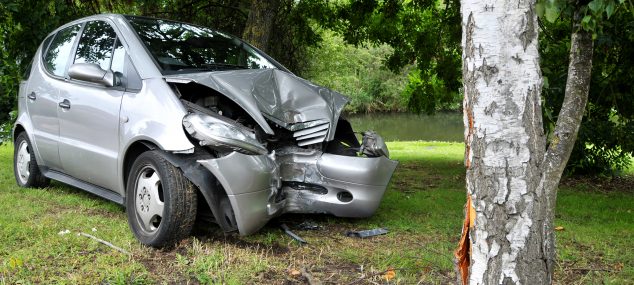
A study that tracked almost 21,000 young drivers for more than a decade has found that drivers who took part in a resilience program developed in Northern NSW were much less likely to have a car crash in their early years of driving.
The 13-year study led by researchers at Queensland University of Technology, George Institute for Global Health, and University of NSW, aimed to determine if participation in the ‘Reduce Risk Increase Student Knowledge’ (RRISK) program had a long-term effect on reducing motor vehicle crash risk and severity.
The study used baseline survey data and ongoing access to participants’ police recorded motor vehicle crash records.
“The data showed program participants were 24 per cent less likely to have had any crash and 42 per cent less likely to crash in darkness than non-participants,” lead author, Professor Teresa Senserrick, Centre for Accident Research and Road Safety – Queensland, Queensland University of Technology said.
"What this shows is that setting up youth to be safer, responsible drivers early has real potential to reduce their lifetime risk of having a crash that is significant enough to warrant police attendance.”
“The findings have implications for the array of driver education programs implemented through schools across Australia.”
The Northern NSW Local Health District’s Health Promotion team developed the RRISK program, and has been delivering it to senior high school students in the region for 20 years.
“What’s great about RRISK is that it doesn’t preach to teenagers,” Jillian Adams, Manager Health Promotion, Northern NSW Local Health District said.
“RRISK assumes that risky behaviours do occur in relation to socialising, partying and driving, and teaches students strategies to plan ahead, reduce risks and manage tricky situations.
“While we knew the program reduced crashes in the short term, this study shows the effects last at least a decade and have the potential to reduce the risk of crash over a lifetime.”
In response to COVID-19 restrictions, the Northern NSW Local Health District ran a popular interactive version of RRISK online for the first-time in 2020.
This year, over 200 year 11 students will participate in RRISK online from 15-17 November 2021.
Information about safe partying and safe driving for teens, teachers and parents can be found at http://healthupnorth.info/teens

Top Image - Stock Image